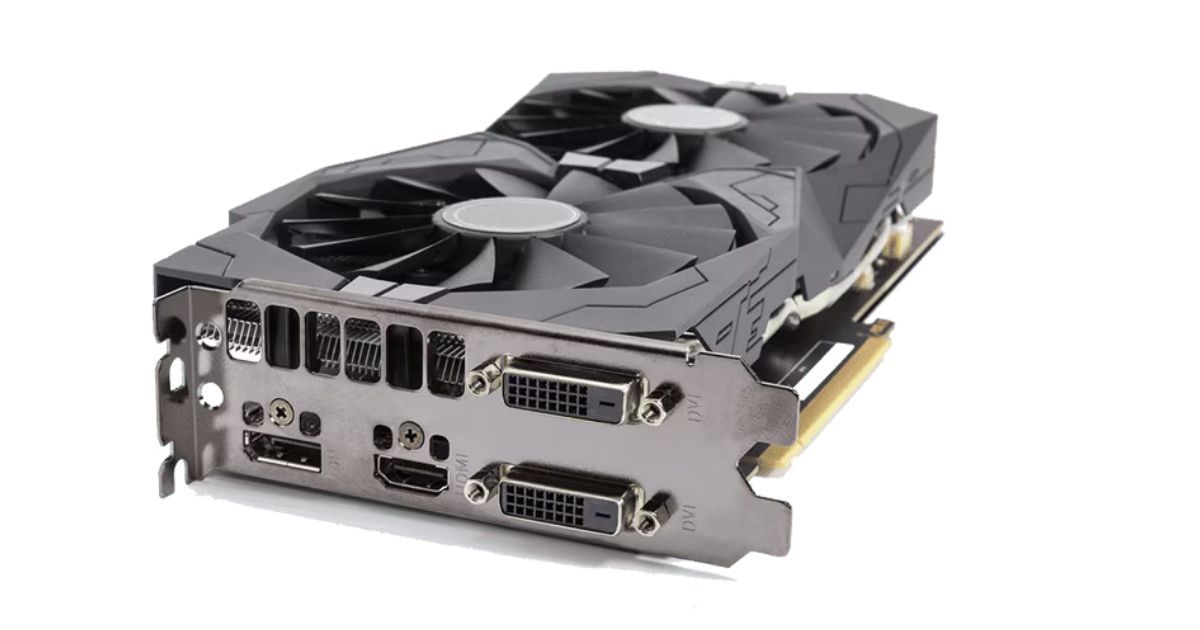Why You Should Trust Us
Paul Syverson, a seasoned computer expert with years of hands-on experience in the gaming industry. His deep technical knowledge ensures our product reviews are not only accurate but also practical for gamers of all levels.
Tran Ngoc Thuy spends his free time testing and reviewing the latest tech products. It's not a surprise he has a data-driven and user-friendly approach to every review.
Our team also includes specialists like Alex Morgan, a hardware expert who has spent over a decade building and benchmarking gaming PCs, and David Chen, a former esports player who reviews peripherals based on real gaming experience.
How We Find the Best Gaming PCs
Our process is built on years of experience with gaming hardware, ensuring every system we review is evaluated fairly and thoroughly.
Our team performs hands-on product-specific tests focused on key aspects that matter most to gamers like frame rates, thermal performance, noise levels, and upgrade ability. For example, we use tools such as 3DMark and Cinebench to gauge CPU and GPU performance under gaming-like loads, while monitoring temperatures and power draw in real-time.
We assess FPS consistency across popular titles like Cyberpunk 2077, Fortnite, and Call of Duty: Warzone, ensuring systems deliver smooth gameplay.
We also measure system noise levels in a controlled environment, with many systems averaging around 60.2 dB under load. Internal airflow and cable management are inspected to determine cooling efficiency and ease of future upgrades.

Choosing the best gaming PC is about more than just power; it’s about finding the right fit for your gaming habits, budget, and future needs. Here's what you should think about before you buy.
What game you play
Not every game requires a powerhouse system. If you're mostly playing esports titles like Valorant, League of Legends, or Counter-Strike 2, you can get excellent performance from a mid-range PC.
But if you're into graphically intense AAA games like Cyberpunk 2077, Red Dead Redemption 2, or Starfield, you'll want a machine with a strong CPU and a high-performance GPU. To check what your favorite games demand, tools like Can You RUN It and PCGameBenchmark are very helpful.
Graphics Card (GPU) performance
The GPU determines how well your PC handles modern games, especially at higher resolutions. For smooth 1080p gaming, an NVIDIA RTX 4060 or AMD RX 7600 is more than capable.
If you want to game at 1440p or 4K with high frame rates and ray tracing, consider stepping up to something like the RTX 4070 Ti, RX 7900 XT, or even the RTX 4090—if your budget allows. You can explore benchmarks and comparisons on TechPowerUp to help decide which GPU meets your expectations.

Budget
Budget plays a huge role in narrowing your options. For entry- to mid-level systems that handle 1080p gaming well, you’ll likely spend between $800 and $1,200.
For higher-end rigs built for 1440p or 4K, prices often start at $1,500 and go up quickly. Keep in mind that pre-built systems might cost slightly more but often include customer support and warranty benefits. You can browse competitive pricing on sites like Newegg or B&H Photo Video.
Storage capacity
With modern games taking up more space than ever, storage is critical. We recommend at least 1TB of total storage, with a fast NVMe SSD as the primary drive for your operating system and most-played games.
Many gamers opt for a dual setup—an SSD for speed and an HDD for additional storage. Prioritize machines with Gen 4.0 SSDs if you want the fastest read and write speeds, which help with boot times and game load performance.
Brand reliability
Brand reputation matters, especially when it comes to build quality and post-purchase support. Trusted names like Alienware (Dell), NZXT, MSI, and CyberPowerPC are known for solid hardware and responsive service. Before buying, check customer reviews and even consult sites like the Better Business Bureau for peace of mind.
Note
Using computers for long periods, especially gaming with complex graphics, can lead to eye strain. You should remember the 20-20-20 rule that for every 20 minutes spent looking at a screen, you should try to take a 20-second break to look at something 20 feet away. Having the best gaming PCs is meaningless if it negatively affects your health.
Final Thoughts
Choosing the right gaming desktop comes down to what you value most. It’s raw power, affordability, or a space-saving design. There’s no one-size-fits-all answer, and that’s the beauty of today’s options. There’s something out there for you. The key is to balance your budget with your expectations and think about how long you want your system to stay.
Now, let's compare two models: the Corsair Vengeance i7600 and the CyberPowerPC Gamer Master. The Vengeance i7600 is ideal for serious gamers who want a future-ready system. The CyberPowerPC Gamer Master is a fantastic choice for those who want reliable performance for 1440p gaming, without going over budget. Both are excellent systems, but they serve different priorities. Performance dominance versus cost-effective gaming.



















